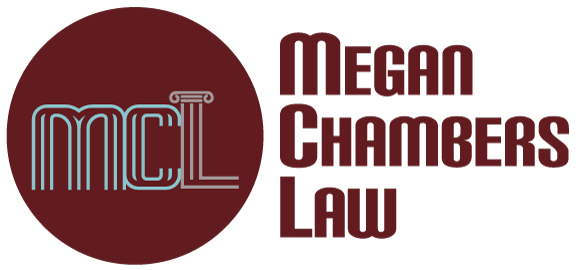What is a Shareholders Agreement? Guide for Alberta Corporations

If you’re starting or growing a business with partners, one of the most important documents you can create is a shareholders’ agreement. Many new business owners focus on the excitement of incorporation, branding, and growth—but overlook the policies and protections that keep everyone aligned. Without clear rules, disagreements between shareholders can quickly become costly, stressful, and even destructive to the company.
This post answers the question, what is a shareholders’ agreement, who it’s for, how it works in Alberta, and the pitfalls of skipping one. We’ll also answer common questions, including whether you can write your own agreement or need legal advice.
What is a Shareholder?
A shareholder is an individual or entity that owns one or more shares in a corporation. By owning shares, they hold certain rights—such as voting on key corporate decisions, receiving dividends if declared, and sharing in the growth (or risk) of the business. Shareholders may be actively involved in managing the company or may simply be investors with limited day-to-day involvement.
What is a Shareholders Agreement?
A shareholders’ agreement is a legally binding contract between the shareholders of a corporation. It outlines the rights, responsibilities, and obligations of each shareholder and provides a roadmap for how the business should be managed.
Unlike corporate bylaws (which set out the general governance of the corporation), a shareholders’ agreement is designed to protect the interests of the shareholders themselves. It is particularly useful in private companies where shareholders are more actively involved in the business.
Key elements usually covered include:
Who is a Shareholders’ Agreement For?
Any business with more than one shareholder should strongly consider putting a shareholders’ agreement in place. This includes:
Even if shareholders trust one another, circumstances can change—business growth, personal relationships, or financial pressure often create unexpected challenges. A shareholders’ agreement ensures everyone knows their role and rights from the start.

What is a Shareholders’ Agreement Used For?
The primary purpose of a shareholders’ agreement is to provide clarity and stability. It serves as a policy document that governs how the corporation will be run and how decisions will be made.
Some common uses include:
In short, a shareholders’ agreement creates certainty where bylaws and the Alberta Business Corporations Act may not provide enough detail.
Shareholder Agreement vs. Bylaws
Business owners often confuse bylaws with a shareholders’ agreement. While both are important, they serve different purposes:
Most corporations benefit from having both in place.
Pitfalls of a Shareholders’ Agreement
Not having a shareholders’ agreement—or having one that is poorly drafted—can create major problems. Some pitfalls include:
Can I Write My Own Shareholders’ Agreement?
Technically, yes—you can write your own shareholders’ agreement in Canada. However, because this is a legally binding contract, it’s strongly recommended to seek professional legal advice. A lawyer will ensure the agreement:
For most businesses, investing in a well-drafted agreement early on saves significant financial and legal trouble down the road.
FAQs
Do all corporations in Alberta need a shareholders’ agreement?
No, it’s not legally required—but it is highly recommended for any company with more than one shareholder.
What is the difference between a shareholders’ agreement and a unanimous shareholders’ agreement?
A standard shareholders’ agreement sets out the rights and responsibilities of shareholders and usually requires majority approval to adopt or amend. A unanimous shareholders’ agreement (USA) requires the consent of all shareholders and can transfer certain decision-making powers from the directors to the shareholders themselves.
Do I need a shareholders’ agreement if there is only one shareholder?
If there is only one shareholder, a shareholders’ agreement is not necessary because there are no other parties to set rights or obligations against. The sole shareholder already has full control over the corporation.
What happens if we don’t have one?
Without an agreement, shareholder rights are governed only by corporate bylaws and Alberta’s legislation. This may not protect minority shareholders or provide clear processes for disputes.
Can a shareholders’ agreement be changed?
Yes, shareholders can amend the agreement, but changes typically require unanimous or majority approval depending on the terms, unlike amending corporate bylaws.
Is a shareholders’ agreement valid outside Alberta?
Yes, shareholders’ agreements exist across Canada, but they must align with provincial corporate laws. A shareholders’ agreement in Alberta should be tailored to local legal requirements.
Conclusion
Understanding what is a shareholders’ agreement is is essential for anyone starting or operating a corporation in Alberta. This legal contract defines the rights of shareholders, sets clear policies for managing shares, and helps prevent disputes before they arise. By addressing issues like ownership, voting, profit distribution, and exit strategies, a shareholders’ agreement provides stability and protection for all parties involved.
Whether you’re launching a new business or formalizing an existing one, taking the time to create a comprehensive agreement ensures your corporation is built on trust, clarity, and long-term success.
